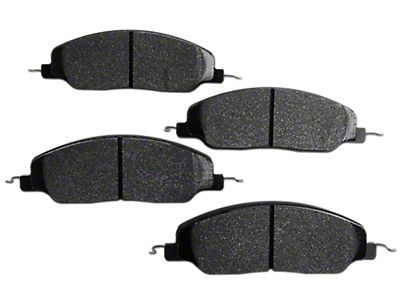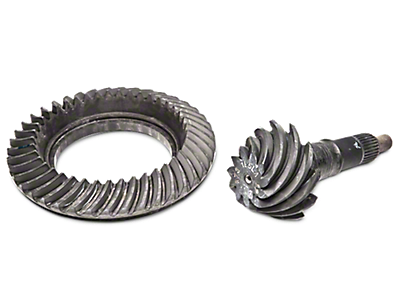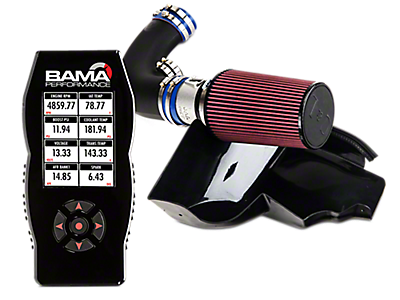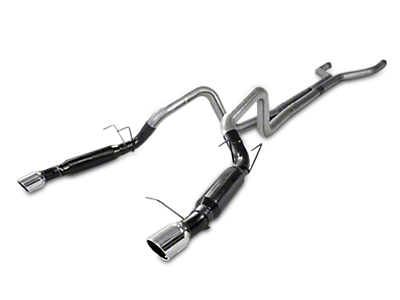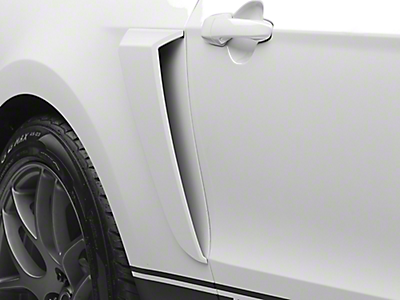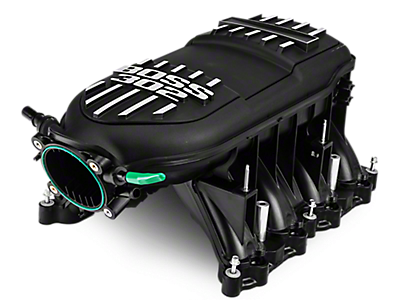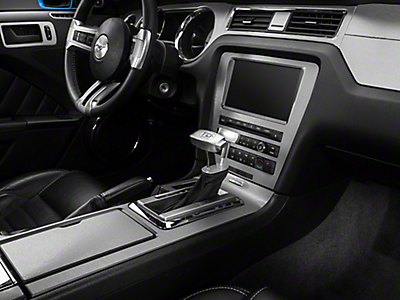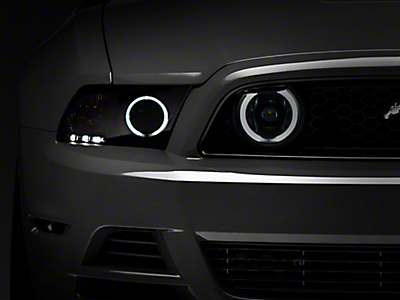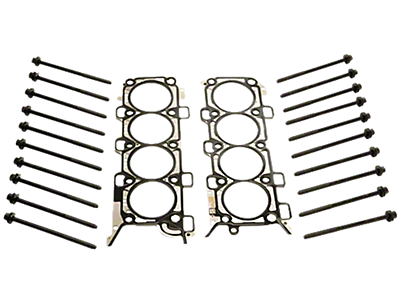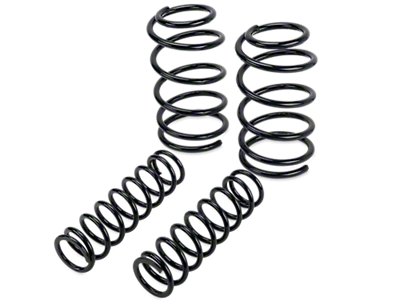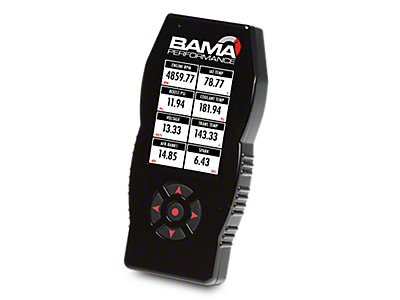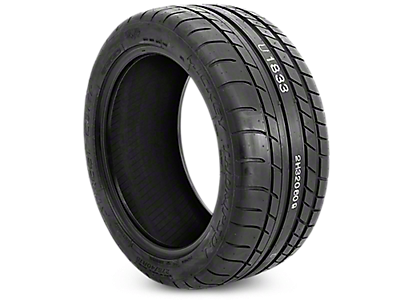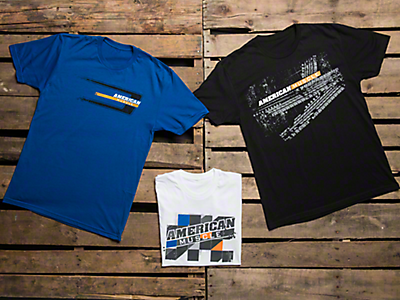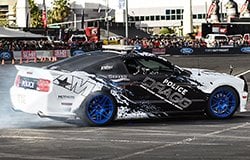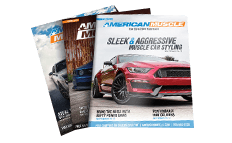2011 Ford Mustang
After its interior and exterior upgrades in 2010, the 2011 model year brought a new engine lineup for Ford’s Mustang, including a new 3.7L all-aluminium V6 that produces up to 305 horsepower and 280lb-ft of torque, and the GT’s 5.0L V8 capable of 412 horsepower and 390 lb-ft of torque. Finally, on the most powerful in the 2011 lineup, the Shelby GT500, its supercharged V8 produces 550 horsepower and 510lb-ft of torque. Also new on the 2011 Ford Mustang are six-speed manual and automatic transmissions, the move from hydraulic to electric power steering, revised suspension tuning and larger brakes. Available as a coupe or soft-top convertible, the 2011 Mustang is one of the best all round pony cars.
The Great Suspension Debate
The 2011 Mustang keeps its live axle rear suspension, which continues to cause serious debate amongst critics and Ford fans. Some find it to be a stiff ride at low speeds and loose control at higher ones. Depending on your preferences and use case, you can look into the more modern independent rear suspension (IRS), which Ford did finally introduce on its 2015 Mustangs. But what are the main differences between the two?
- A live axle or solid rear axle (SRA) is a pretty simple design with left and right straight axles and a rear differential. That differential will allow the wheels to spin at different speeds, but the two axles still remain very much connected: vibrations are transmitted from one to another, and if one wheel should dip, the other will rise. An SRA will also use leaf or coil springs. It is a stronger, less expensive design than an IRS system, and ideal for straight-line acceleration. So for drag racers, where significant power needs to be transferred to your rear wheels, the factory SRA system on the 2011 Mustang is the best choice for better launches. However an SRA is susceptible to more body roll and less traction, as the wheels cannot move independently on each side of the vehicle.
- And independent rear suspension is more complicated: the wheels are disconnected and able to move independently of one another, meaning they can better handle dips and bumps in the road without transmitting any vibrations or motion between the wheels. The differential in an IRS is not bolted directly to the axle, but is usually attached to the subframe or chassis, which also contributes to its better handling abilities over the SRA. For daily drivers, or autocross or track cars, the IRS is the way to go. With the vehicle stable throughout the corner, you can keep control while pushing that V6 or V8 to the limit.
So if you are looking to swap in an IRS for your stock live rear axle suspension, or improve the day-to-handling on your SRA, then there are different aftermarket parts -- and indeed full kits -- to help make that possible.
Classic Lemans Styling
Nothing will change up the exterior styling of your Mustang quite like a set of racing stripes. US race legend Carol Shelby helped to popularize racing stripes back in the early 50s, and they became a signature of all Mustang Shelby road cars from the 60s onwards. For non-Shelby owners, one of the most common aftermarket stripe kits is the Lemans dual racing stripe, which runs bumper to bumper in a range of colors, from matte black, through to yellow, red and silver, Available in 8 or 12-inch widths, aftermarket Lemans racing stripes are manufactured from high quality premium cast vinyl designed to withstand the elements. They are a cost-effective way to completely change the exterior look of any Mustang.

